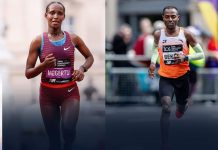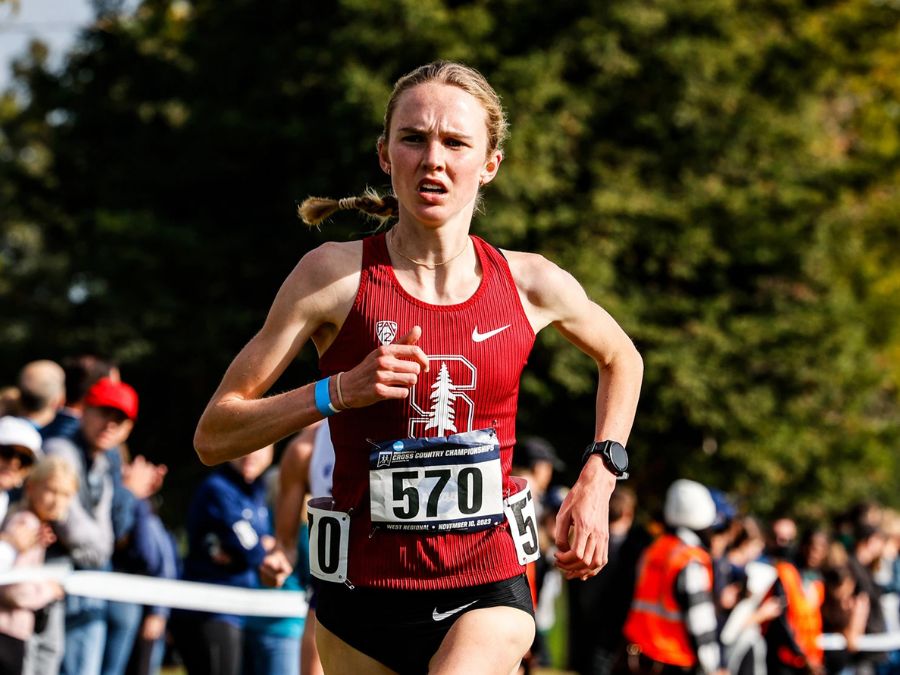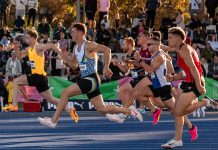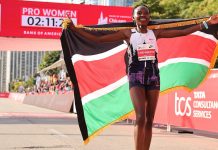Christmas comes a little earlier each year.
That’s what I remember parents saying back in my (long-ago) childhood days. Now Christmas has company in the “too early” category. And as Christmas escapes the clutches of December into November, and even October on occasion, everything else gets dragged along with it. Along these lines, I’m developing a theory that the only good thing about whatever ‘Black Friday’ is, is that it puts a barrier in the path of the moveable feast Christmas has become.

It doesn’t help that athletics slows almost to a stop at this time of year. Track is finished in the northern hemisphere, not yet up to full steam in the south. The Fukuoka (God bless it) and Valencia marathons are on this weekend (both 1 December) but most of the major cross-country events come in the new year. The Zatopek 10,000 will enliven the next couple of weeks after which it really will be time for Christmas.
Let’s give a shout then for a couple of things which have enlivened us. Messing round with the remote last Sunday I hit upon ESPN’s coverage of the NCAA cross-country championships which right now is the race that the world cross-country used to be.
On appearances, at least. The halcyon days of the world event saw men’s and women’s fields of 200-plus (300-plus in the men’s race on several occasions), teams from all over the world, a mass charge to the first turn where the field would be funnelled down from 50 to something like two to three-wide.
That’s still how it goes at the NCAA race with the added and exciting drone-camera angle. Of course no US national collegiate championship can match a world championship at the deep end nor for the variety of national competitors – though more European scholarship holders may run the US race than the world race these days!
But the features that made the world cross-country so exciting until recent years – the massed start, the desperate fight for every place as runners finished at the rate of one per second, the sheer exhilarating joy of it all either as a participant or a spectator – still appear to exist at the NCAA champikonships.
So, a shout-out to Amy Bunnage, for her fourth in the women’s 6k race after racing with the top three placegetters into the last couple of hundred metres. Jess Hull, third in 2018, and Vicki Mitchell, fourth in 2005, are the only Australian women I could readily find with equal or better performances in NCAA XC. That’s pretty good company for Bunnage.
Bunnage is a talent. Not turning 20 until next March, she has already run 15:11 for 5000 metres. She certainly bears watching.
Pushing further away from the calendar end of the year just as fast as Christmas is the end of season ranking list. These sorts of awards were designed originally to fill the empty spaces actual sport did in the lull created by the Christmas-New Year holiday break. Competitive professional sports now fill every gap in the calendar, so rankings have pushed back into the latter part of the year instead.
The arguable consequence is that performances at the tail end of the year – nominally pushed into consideration for the following year’s awards – are, in fact, overlooked. The one exception s far as athletics goes might be a marathon world record in Valencia, but that’s a largely untested theory thus far.

Journalists are often invited to participate in these end-of year/season exercises. If I’m honest, my record is atrocious, pretty well always reflecting voting for the athlete I wish would win rather than the one deeper analysis would suggest will win.
With that caveat, then, here’s my suggestions as to who will win the World Athletics Athlete of the Year which is the other highlight event this weekend, being announced in Monaco on Sunday night (European time).
Female track athlete of the year – nominations Julien Alfred, Olympic 100 champion, and Sydney McLaughlin-Levrone (400 hurdles champion and dual world record breaker): Of these two, I think Sydney gets the nod but what about Beatrice Chebet, Olympic 5000 and 10,000 champion (ahead of Faith Kipyegon in the 5000), world cross-country champion and world record in 10,000 at the Pre Classic.
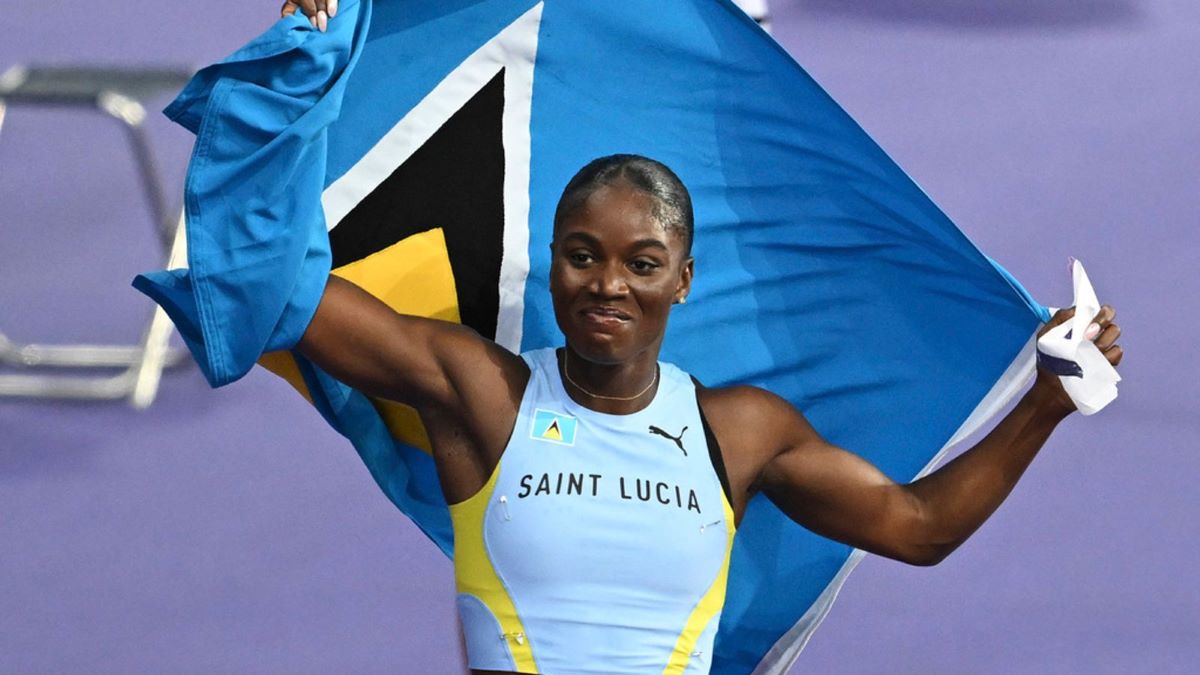
Male track athlete – Jakob Ingebrigtsen and Letsile Tebogo: Neither is flawless, but Ingebrigtsen’s annihilation of Daniel Komen’s long-standing world record in the 3000 metres tips my vote his way.
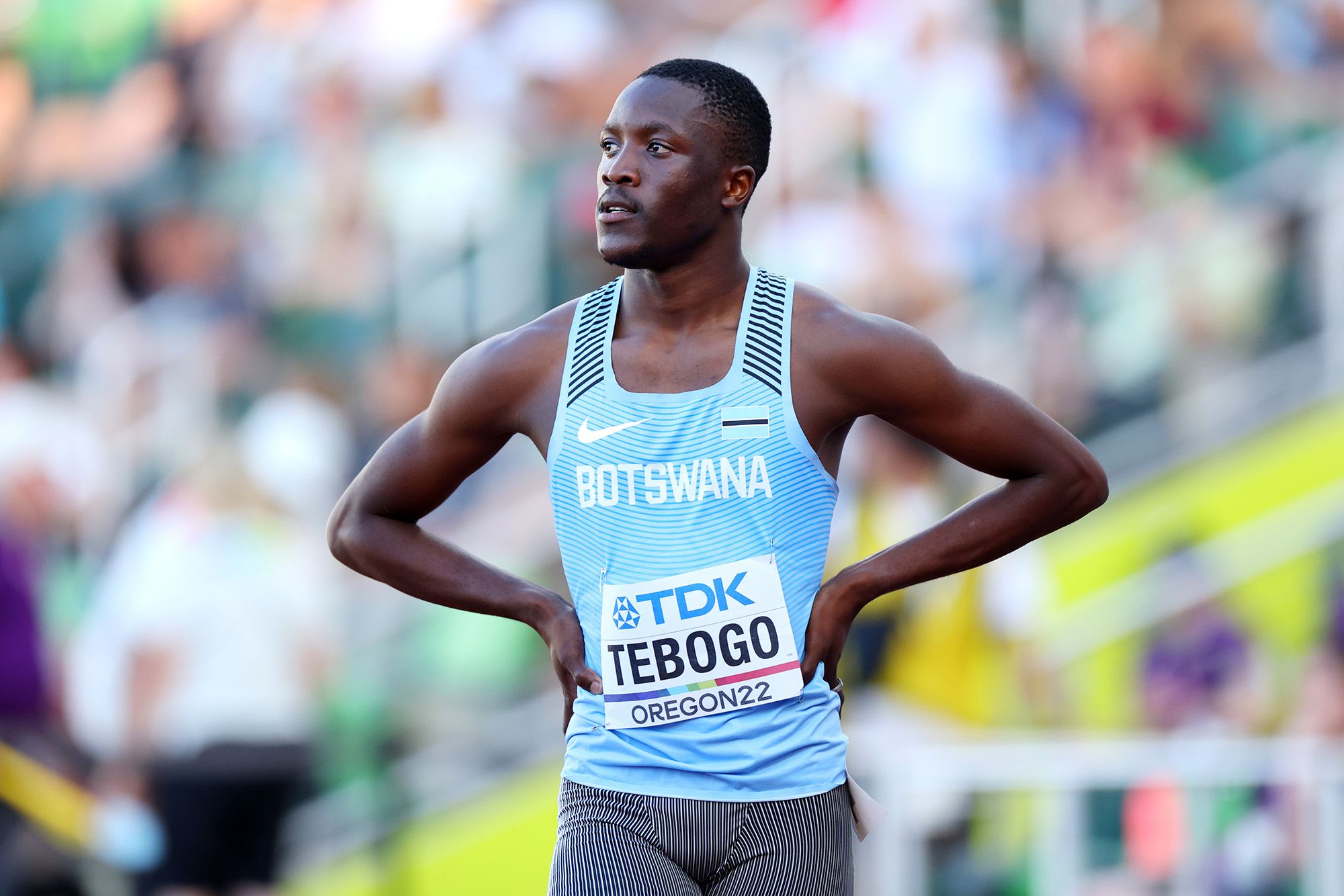
Female field athlete – Yaroslava Mahuchikh and Nafissitou Thiam: Thiam is the first multi-eventer to win three Olympic titles but Mahuchikh also broke a long-standing WR with her 2.10 in Rome this year breaking the 2.09 mark set by Stefka Kostadinova in 2007.
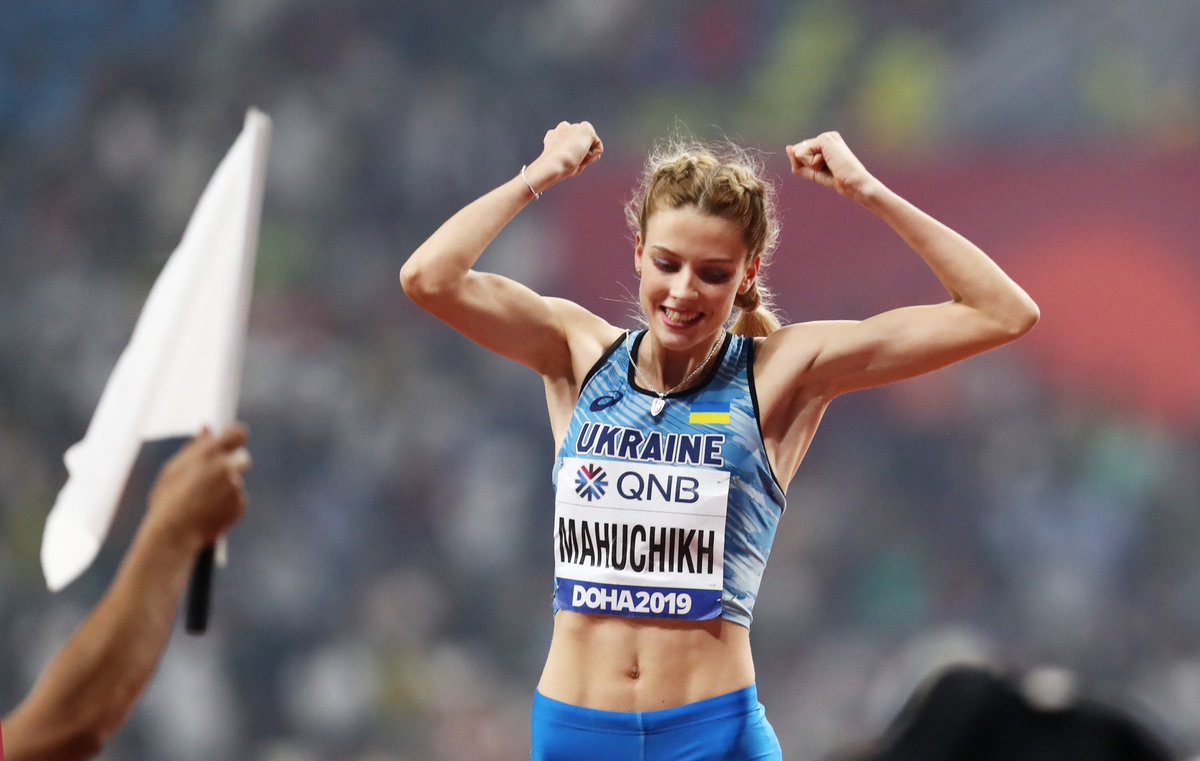 Male field athlete – Mondo Duplantis and Miltiadis Tentoglou: Duplantis, no question.
Male field athlete – Mondo Duplantis and Miltiadis Tentoglou: Duplantis, no question.
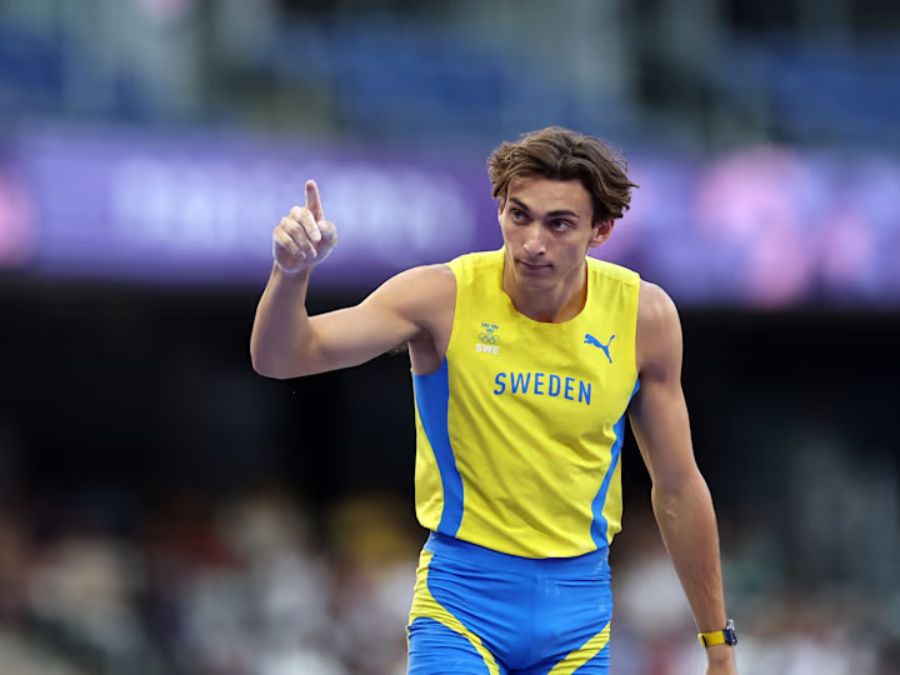
Female/male out of stadium – Ruth Chepngetich and Sifan Hassan; Brian Pintado and Tamirat Tola: Very close both. Chepngetich’s world record 2:09:56 was out of this world, Hassan beat everyone in the world except the new WR holder in taking the Olympic marathon. Hassan by a nostril. Likewise men’s marathon champion Tola narrowly over 20km walker Pintado.
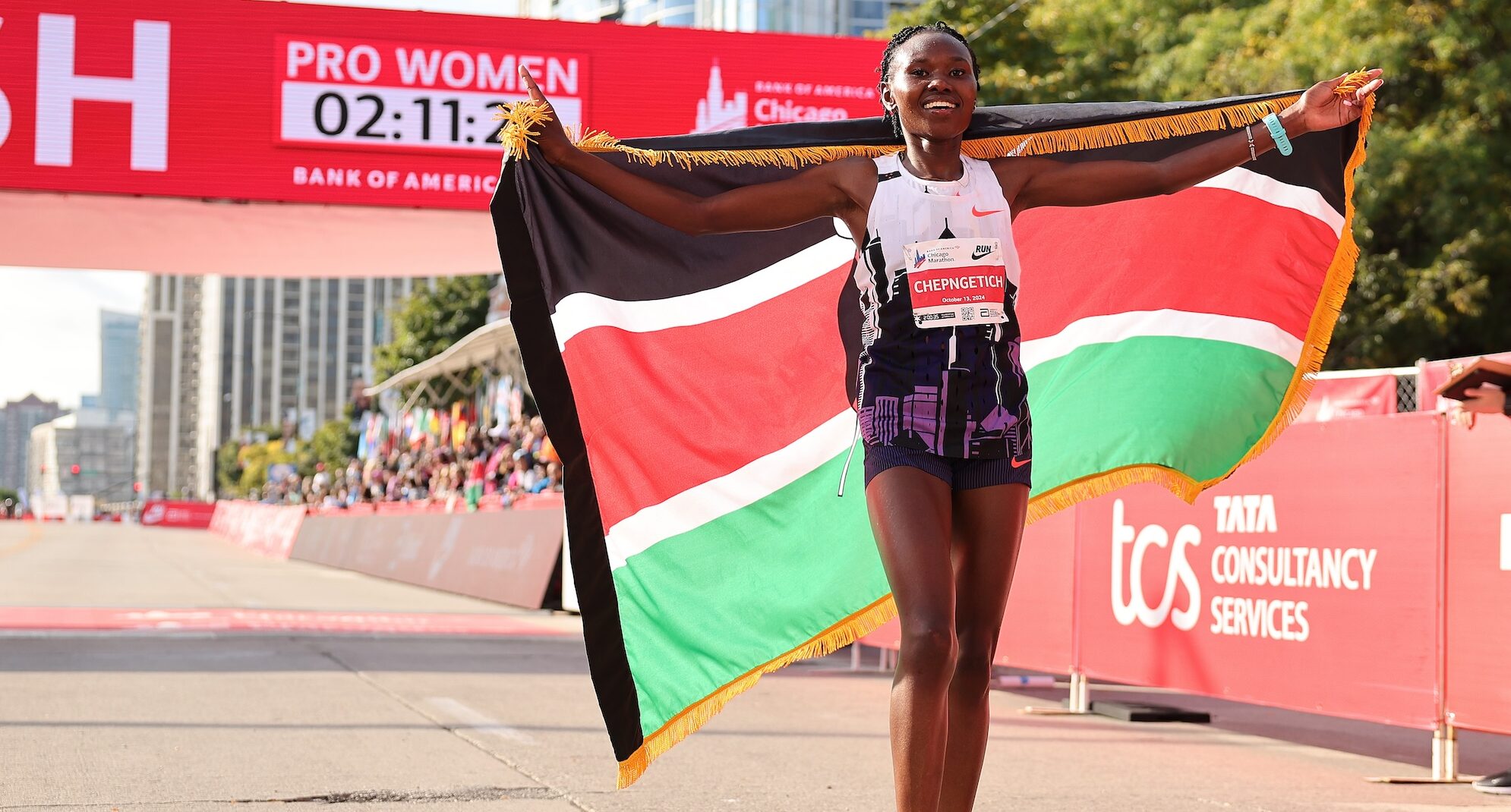
Footnote 1: as acknowledged previously, my historic record is atrocious.
Footnote 2: I hope something happens in December to make mugs of us all!





